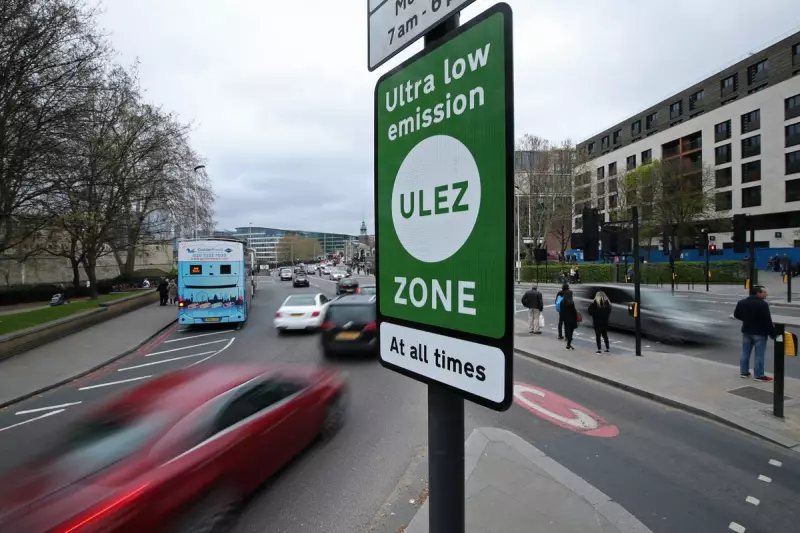
Transport for London is grappling with a staggering £230 million black hole in unpaid Ultra Low Emission Zone fines, as thousands of motorists successfully challenge penalties using a controversial legal loophole.
The revelation comes as the capital's clean air scheme expands, creating what critics are calling an 'enforcement crisis' for transport authorities. New figures obtained by the Independent show that approximately 1.2 million fines have been written off after drivers exploited a technicality in the penalty charge notice system.
The Legal Loophole Exploited by Motorists
At the heart of the issue lies a procedural requirement: TFL must issue penalty charge notices within 28 days of the alleged contravention. Savvy motorists have discovered that by challenging the fine immediately, they can often push the process beyond this strict deadline, rendering the penalty unenforceable.
One driver reportedly avoided £21,000 in accumulated fines using this method, highlighting the scale of potential losses for the transport body.
TFL's Countermeasures and Recovery Efforts
In response to the growing problem, TFL has implemented several strategies:
- Hiring additional staff specifically to handle challenges and appeals
- Implementing new software to streamline the processing of fines
- Working with the DVLA to improve the accuracy of vehicle ownership data
- Considering legislative changes to close the legal loophole
A TFL spokesperson stated: "We're taking robust action to recover unpaid fines, including using debt collection agencies and court orders where appropriate. The majority of drivers pay their ULEZ charges correctly, and it's only fair we pursue those who don't."
The Financial Impact on London's Transport
The £230 million in unpaid fines represents a significant financial blow to TFL, which relies on ULEZ revenue to fund public transport improvements and maintain London's transport infrastructure. This shortcome could potentially affect future investment in buses, tubes, and road maintenance across the capital.
With the recent expansion of ULEZ to cover all London boroughs, the challenge of enforcement has become even more pressing. The wider zone covers an additional 5 million people, dramatically increasing the potential for non-compliance.
As the battle between evaders and enforcers continues, London authorities face an uphill struggle to maintain both air quality improvements and the financial viability of the clean air scheme.





